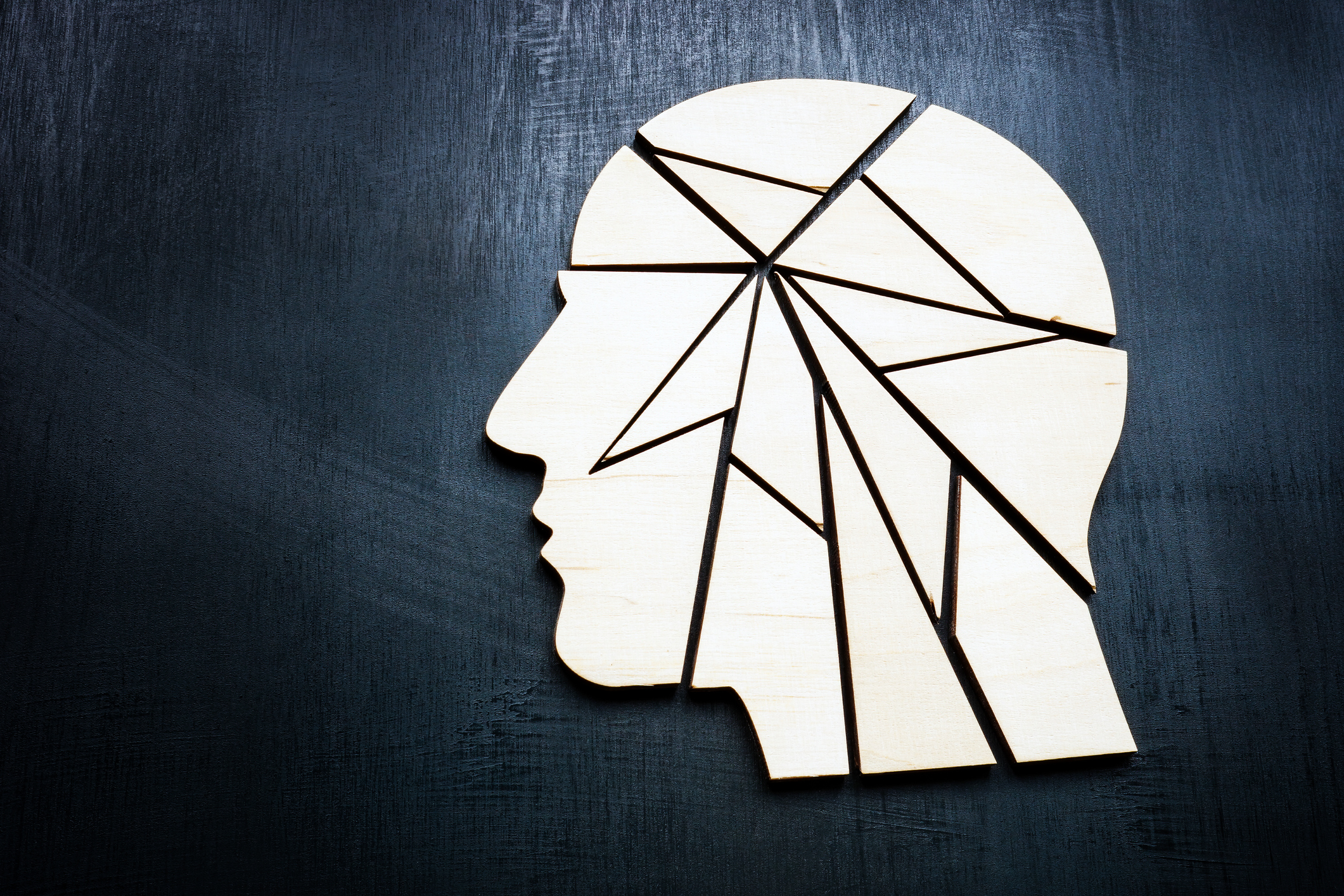Complex PTSD: Unraveling the Layers of Persistent Trauma
Alexa Mellman, M.S.W.

While Post-Traumatic Stress Disorder (PTSD) is well-known and widely recognized, there is another form of trauma-related condition that goes beyond the scope of traditional PTSD. Complex Post-Traumatic Stress Disorder (C-PTSD), also known as Developmental Trauma Disorder, is a condition that arises from prolonged and repeated exposure to traumatic events, often involving interpersonal trauma, such as childhood abuse, neglect, or long-term domestic violence. C-PTSD presents unique challenges and symptoms that differ from those of PTSD, requiring a deeper understanding of its complexities.
The Nature of Complex PTSD
Complex PTSD arises when an individual experiences chronic trauma over an extended period, typically during childhood or other vulnerable developmental stages. Unlike single-event traumas that underpin traditional PTSD, C-PTSD is characterized by cumulative and interrelated traumatic experiences. These experiences often occur within the context of relationships where the victim feels trapped, powerless, or lacks the resources to escape.
Symptoms and Challenges:
- Emotional Dysregulation: Individuals with C-PTSD commonly experience intense and fluctuating emotions, such as chronic sadness, anger, shame, or fear. These emotional responses may seem disproportionate to the current situation and can be challenging to manage.
- Distorted Self-Perception: C-PTSD can lead to a disrupted sense of self and identity. Survivors may struggle with feelings of shame, guilt, and a pervasive sense of worthlessness. They may have difficulty establishing a coherent and stable sense of who they are.
- Interpersonal Difficulties: Individuals with C-PTSD often face challenges in forming and maintaining healthy relationships. Trust issues, fear of abandonment, and difficulties with emotional intimacy can make it challenging to establish and sustain meaningful connections with others.
- Changes in Beliefs and Worldview: C-PTSD can significantly impact an individual’s perception of the world. Survivors may develop a negative outlook, a diminished sense of hope, and a loss of trust in others. This shift in worldview can have profound implications for their overall well-being and ability to navigate daily life.
- Somatization: C-PTSD can manifest in physical symptoms and somatic complaints, such as headaches, chronic pain, gastrointestinal problems, and somatic re-experiencing of traumatic events. These physical symptoms are believed to be a manifestation of the deep interconnection between psychological and physiological well-being.
Treatment and Healing
Healing from Complex PTSD requires a comprehensive and multidimensional approach that addresses the complex layers of trauma and its impact on various aspects of an individual’s life.
- Trauma-Focused Therapy: Therapies such as Trauma-Focused Cognitive Behavioral Therapy (TF-CBT), Eye Movement Desensitization and Reprocessing (EMDR), and Dialectical Behavior Therapy (DBT) have shown promise in helping individuals with C-PTSD process traumatic memories, regulate emotions, and develop coping skills.
- Self-Care and Holistic Approaches: Engaging in self-care practices, such as mindfulness, relaxation techniques, physical exercise, and creative outlets, can support the healing process. Holistic approaches that address the mind, body, and spirit connection, such as yoga and meditation, may also be beneficial.
- Social Support: Building a strong support network and engaging with empathetic and understanding individuals can be crucial for individuals with C-PTSD. Group therapy, support groups, and seeking out understanding friends and family members can provide a safe space for validation, connection, and healing.
- Medication: In some cases, medication may be prescribed to manage specific symptoms associated with C-PTSD, such as depression, anxiety, or sleep disturbances. However, medication alone is not a comprehensive



